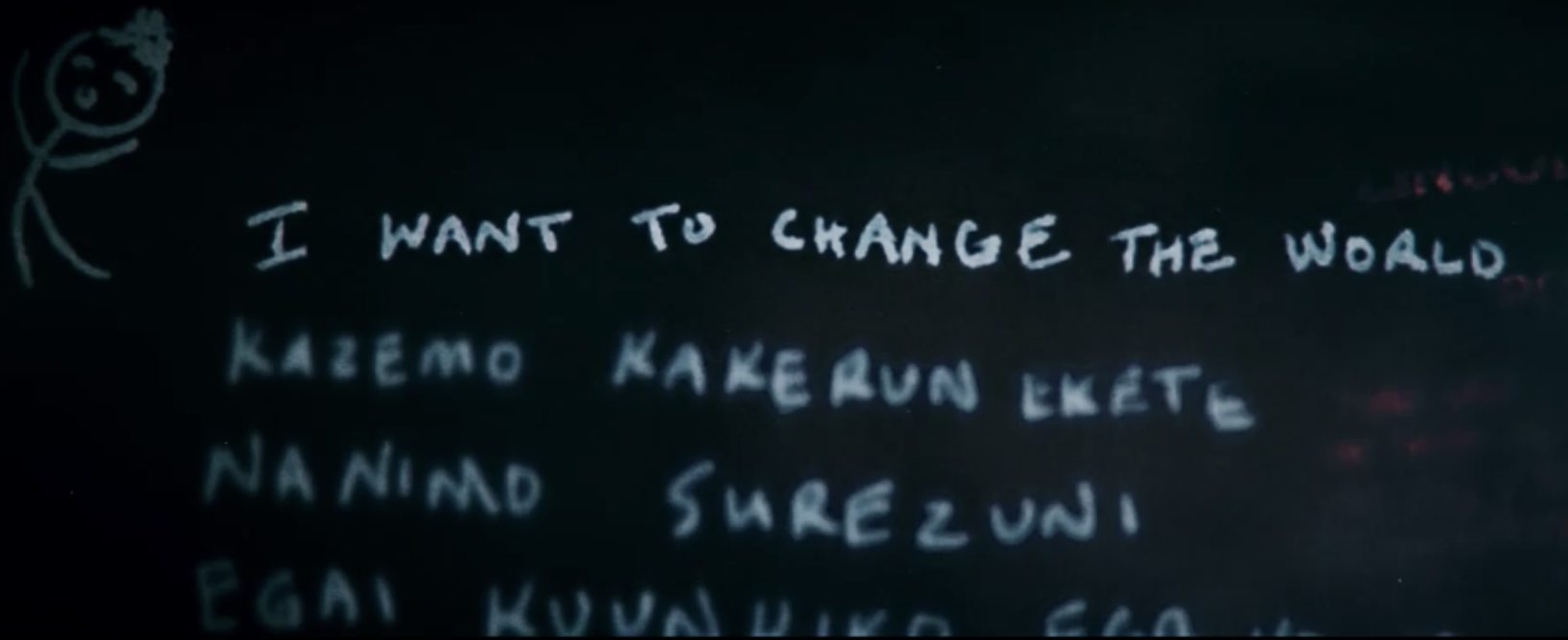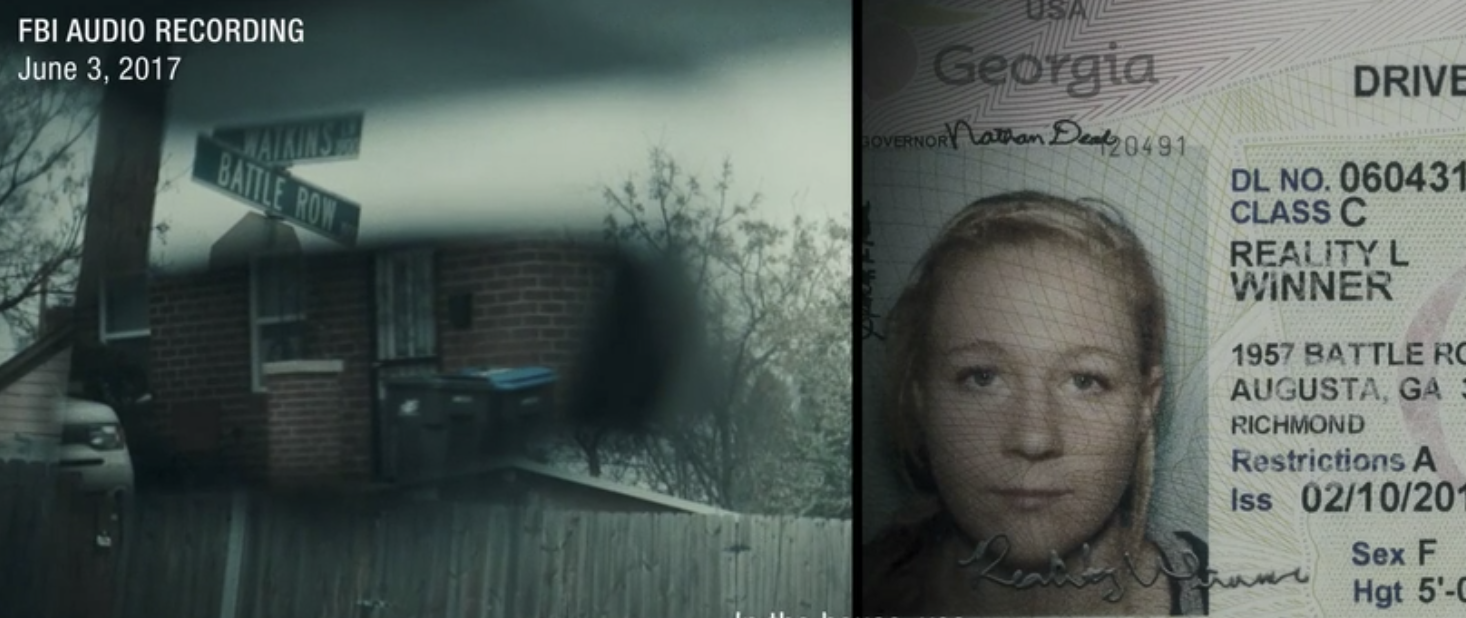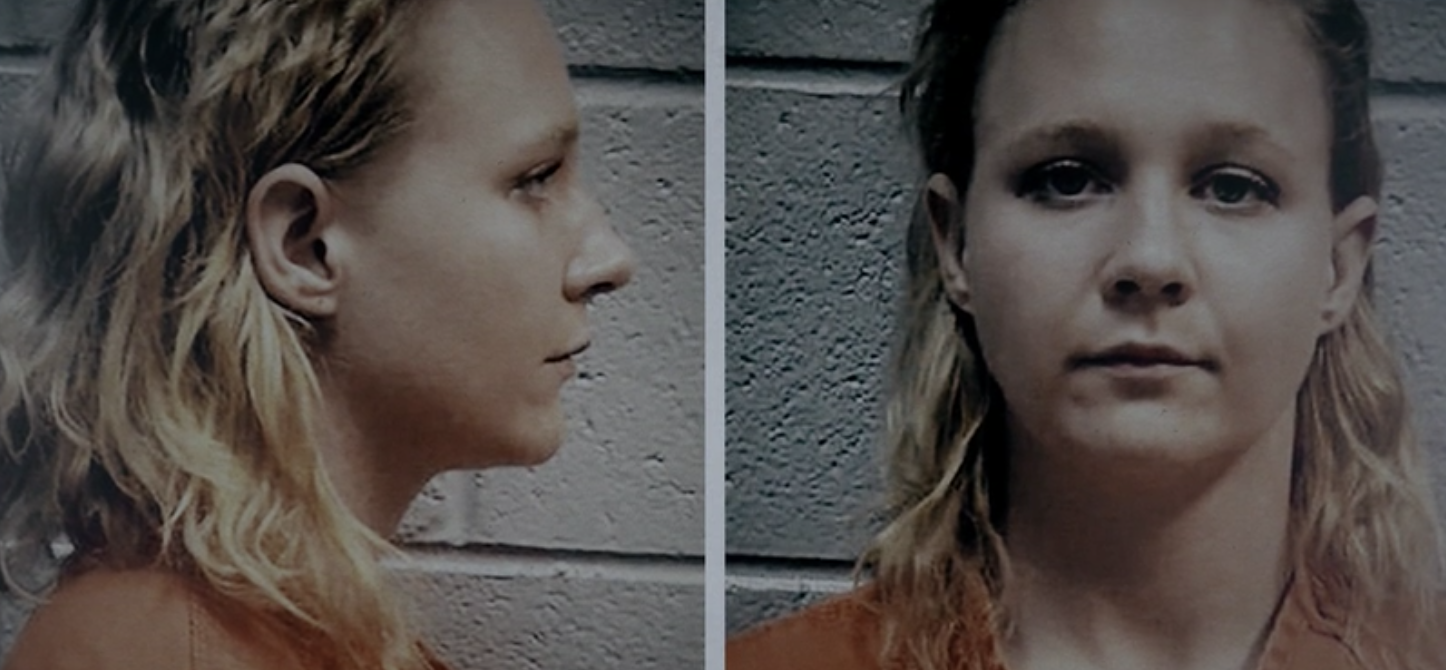

The documentary United States vs. Reality Winner premiered at SXSW Film Festival, and it follows the start of whistleblowers coming forward about Russia’s involvement with the 2016 U.S. Election. The director Sonia Kennebeck chronicles the incarceration, the trial, and the conviction of the young intelligence specialist Reality Leigh Winner (yes, that is her legal name).


If not familiar with this whistleblower and her story, here is some background. Reality Winner is a 25-year-old federal contractor at the NSA in Georgia, and an Air Force veteran was indicted and charged by the Justice Department in May 2017 for sending a classified report to the news site named The Intercept. The report detailed two cyber attacks carried out by Russia’s military intelligence that confirmed Russia’s meddling in the 2016 election. Winner did plead guilty and was sentenced to five years and three months in prison, which is the longest sentence ever imposed in federal court for violating the Espionage Act passed in 1917.
In this type of investigative documentary, the storytelling lacks some suspense, unlike that explosive Edward Snowden’s leak of NSA documents in Citizenfour (who makes an appearance in the film). In Citizenfour, there is the suspense that had viewers at the end of their seating waiting in anticipation of what would happen next. In the United States vs. Reality Winner, it doesn’t have that same effect, making it lack a little of that intrigue that Citizenfour had. Understandably, it lacks some of the suspense because what she did was nowhere near as explosive as what Snowden did. Still, there should have been at least some suspense when it came to those audio recordings of Winner being interrogated at her home. It doesn’t necessarily harm the movie, but at the same time, this is an investigative documentary, so it has to mean more; it has to get the viewer to stay invested in the film and eventually ask the question, is she still in prison? Or what has happened to her now?


Kennebeck also does a great job of letting the viewer know Winner isn’t the first whistleblower, she’s the eighth charged under the Espionage Act, and she most certainly won’t be the last. Snowden makes several appearances; John Kiriakou, another whistleblower who also makes an appearance, explains his arrest and two-year sentence because of the same publication that also failed in protecting Winner. The Editor-in-Chief of Intercept, Betsy Reed, also gives her side of the story and tries and helps fix it, but it was too late; the damage had been done. Reed made a public statement in apology as well, but it didn’t make a difference. Kennebeck does an excellent job of making sure that there are consequences to everything. There isn’t a lot that can be done to fix it once the government gets involved or when citizens get involved putting the blame on that person with hate crimes like with what happened to Richard Jewell, the man who went from instant hero to suspect of bombing the 1996 Atlanta Olympics when the FBI leaks to the media that they believe Jewell did the crime. People’s opinions can make or break a person, and Kennebeck doesn’t shy away from that.
The public can now see the report that Winner leaked, but the big topic of debate is where the proof that it’s released hurt national security in any way is? One of the extensive discussions in the film was that of whether our government is using the law to silence informants who are revealing information that it should not be concealing in the first place. Since there is no proof, then her punishment shouldn’t have been brutal as it was. There is a scene in the film where former President Donald Trump tweeted that her punishment wasn’t fair, and the irony in that statement is, he could have pardoned her, but he chooses not to. Even though it was a small part of the film, it makes a significant impact and shows how much power the United States presidents have despite the Senate, the House, and the Judiciary systems keeping them in check.


Verdict: 4 out of 5 stars
I do love an excellent investigative documentary. Despite not having the kind of suspense I wanted it to have, it still does an excellent job of making me feel like Winner needs justice, and she needs justice now. I also would have liked to know a little bit more about how prison has changed her ideology views or if she wants to fight against injustice and start becoming an activist? I feel like this documentary isn’t the end of Winner’s story. I think she has more to say. The end of the film didn’t feel like the end, but it ended in a way that left the door open for the possibility of more. If your fan of whistleblower type investigative documentaries, then this the movie for you, but if not, it is still worth a watch because I learned something of value from this movie that audiences I hope will learn to and that is the truth is a general term I could say that the sky is green, I believe that to be true because I see that the sky is green, but someone else won’t see the sky is green but actually blue they will call me a liar but what I said was true to me not what is true to you. Disclaimer: I don’t actually see the sky as green.
